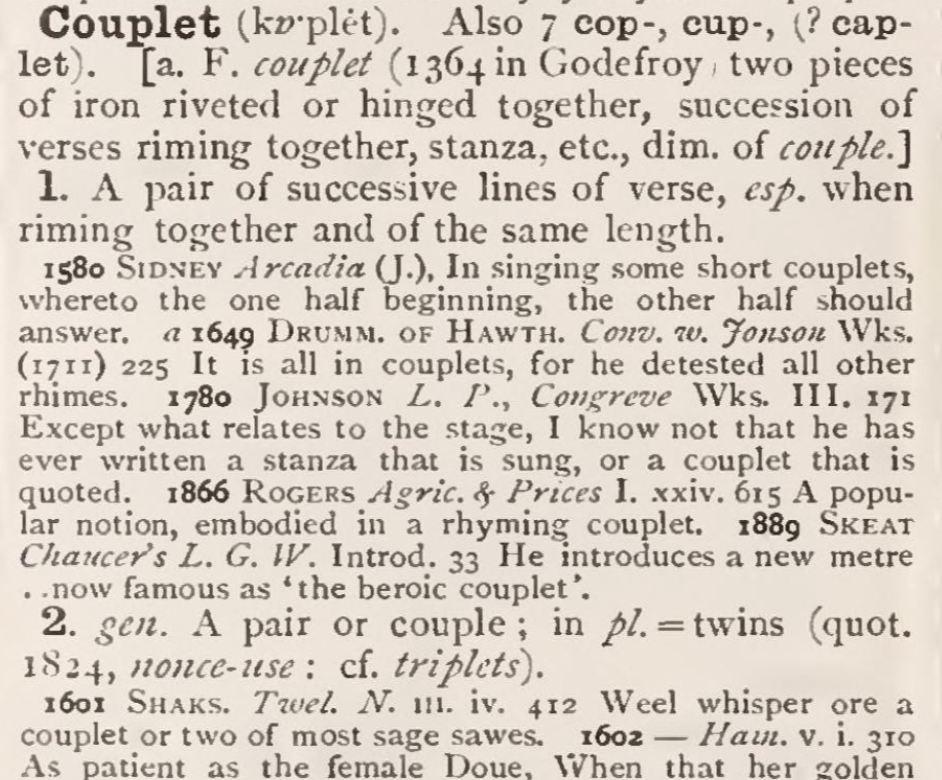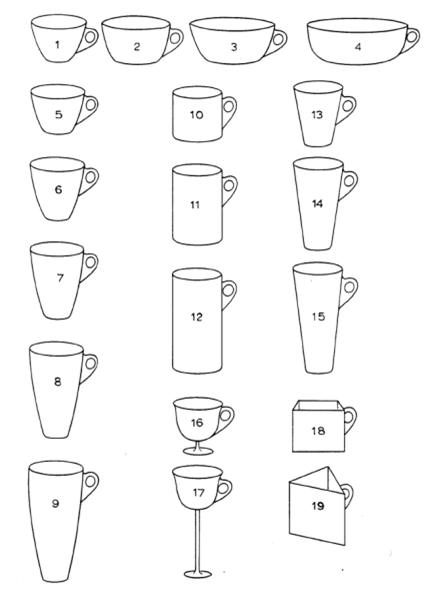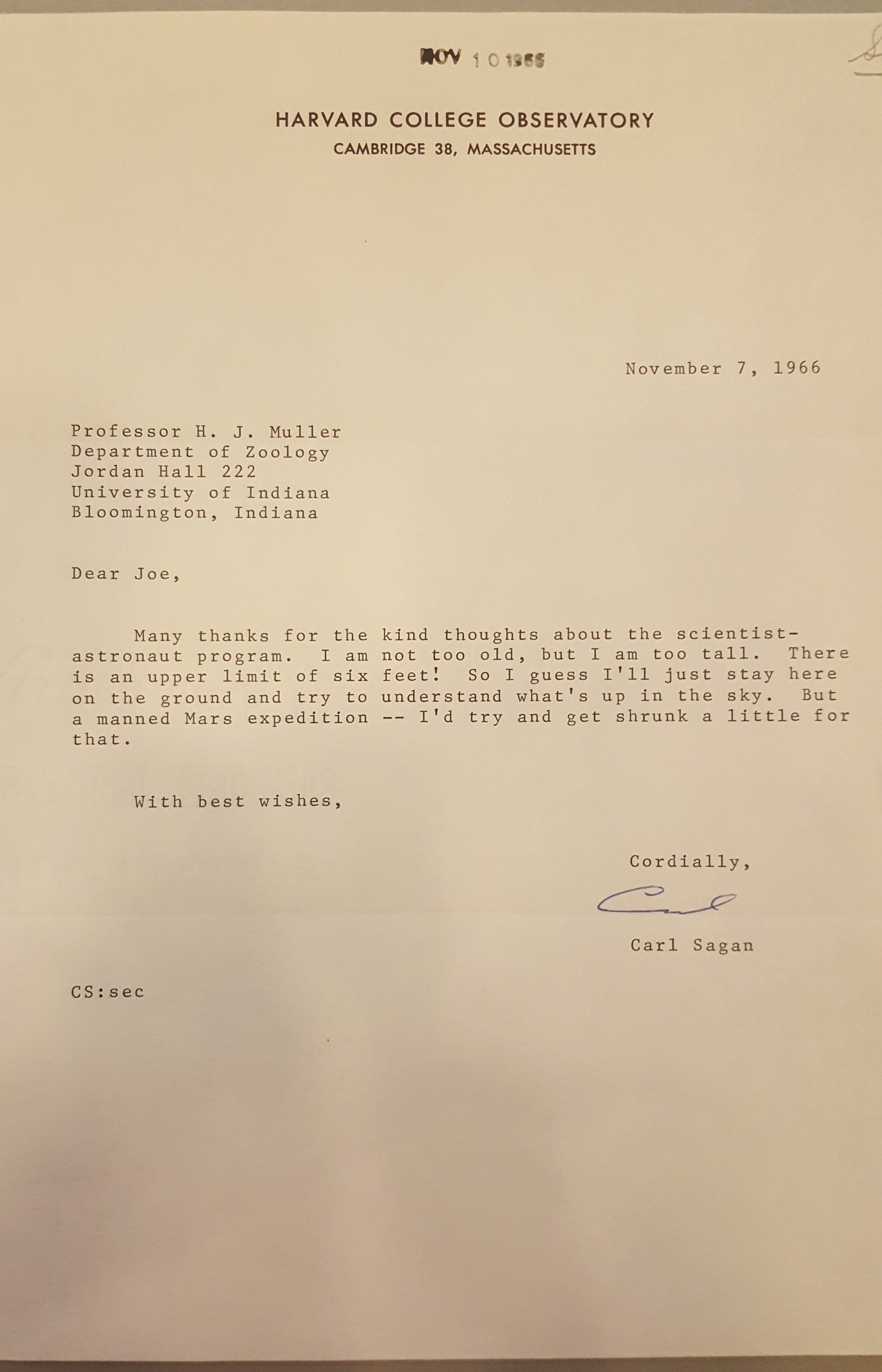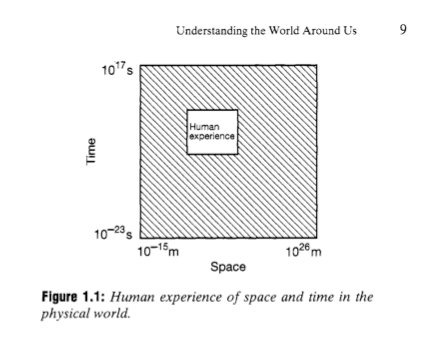
If you can’t stand how old liberals put so much on civility when the world is burning or, if you’re baffled that today’s cultural extremists have thrown freedom of expression under the bus, or if you just think there’s too much infighting all around, then there’s a solution.
It’s actually not hard to reconcile the ethics behind broad-minded liberalism and emotionally charged bad faith confrontationalism into one framework. It’s not hard to explain how they’re both good and important, can co-exist, and actually always have, serving different purposes.
The dialogue- and politics- first spaces: Pens and knives.
The worldviews seem incompatible because they exist in two different spaces built on different assumptions. These are the “dialogue-first” and “politics-first” spaces. I think of it as pens out versus knives out. Dialogue-first spaces exist when there is physical security and everyone can assume the good faith and ability of everyone else. These get you the familiar ideal of older liberals: unity is a goal, good intentions behind a bad action matter, civility matters, due process is divine, there are no bad ideas, you attack the idea not the person, speech is free but yelling doesn’t work, content trumps style, you can discuss abhorrent ideas, defend people with abhorrent views, due process is respected by all, and reason prevails. You’re in dialogue space when you can ask challenging, ignorant, vulnerable questions and count on sympathy, patience, and an explanation. Think close family and friends, sometimes the classroom.
Politics-first spaces are wild: none of the above is true. You don’t feel safe, you don’t trust those engaging with you, you cannot assume good intentions of others who have wronged you. In this space you should go hard: attack people rather than ideas, vulnerability is weakness, interest in other cultures is appropriation, race and other identity differences are recognized and even emphasized, affiliation and trust are based on those identities, the judicial system is a cruel game, the legitimacy of your input depends on them, mobbing is legitimate, civility is patronizing, gaslighting, or a powerplay, a witchhunt is a tactic, silence is assent but self-censorship is tact, shutting someone down is fair game, how you come off is as important as how you are. You immediately see the value of these attitude in the middle of politics-first space, any time you become a challenge to structural inhumanity on social media, in opinion columns, during protests, and even in a bad relationship.
It’s tricky because a knife can pass for a pen, to everyone
That could be the end of it: what tool we hold depends on if we’re safe and we feel safe. The catch is that a space can claim to be dialogue-first but be politics-first in secret. That’s dangerous because when a political space projects dialogue values, the emphasis on good faith makes it easier to hide abusive dynamics. For example, if there’s no blatant evidence of an instance of sexual assault in the group, and good faith requires taking the assailant at their word, then the veneer for dialogue-first dynamics can perpetuate awful behavior. The threat lurks in every dialogue space all the time.
Creepiness can’t lurk as easily in politics-first space. Reality comes down to appearance, meaning you only need to be loud to be heard. Callouts, cancelling, and other seemingly unaccountable tactics are fair game, even strategic, in political space. Safe spaces are a humane survival strategy.
On the very edge of social change and activism, dialogue is naive because the consensus conspiracy of institutional violence has bad faith at it’s core. That bad faith stays invisible without a civil rights movement, Apartheid resistance, BLM, or Alinsky’s joyously bad faith Rules for Radicals. In those cases, the politics-first headspace is the appropriate headspace.
It’s tricky because you can make my pen a knife just by saying so
The only truly dialogue-first spaces are those that maintain consensus from all participants all the time. If one member’s experience is that they don’t believe others are acting in good faith, it’s literally not a dialogue space anymore, no matter how many other people still believe. A member saying their pen space is a knife space instantly makes it true. That sounds like an overstatement, but look: If a member of a dialogue-first space claims another has covertly violated trust with harassment or assault, do you take the claim seriously or not? If you think they’re sincere, you’re acknowledging that bad faith is happening somewhere. And if you don’t, then you just made it true by denying their sincerity. One way or another, the consensus is broken. All that’s in question is if your hands are red with it.
Since anyone can call bullshit at any time, true dialogue-first spaces are fragile. They need constant nurturing. You can’t just wish that away. It’s easy to get nostalgic for a time when people could just talk about ideas without getting mobbed on social media. But there are real humans who say that that time only ever existed for you. If you don’t accept their experience as true, then you are making it true by perpetuating their marginalization. When minorities in universities say that academia isn’t actually a field of pure ideas that rewards all equally, they are saying that they are experiencing the university’s founding ideal of dialogue as just a veneer. If that’s their experience, then good faith means assuming they’re right unless proven otherwise. I’m actually proud that universities today are listening, accepting with grace that they can’t wish themselves back to dialogue-hood without asking critically whether that founding ideal really exists for everyone. That has upsides and downsides. Firing profs for assigning Huck Finn is the other side of the coin of finally being able to fire them for sexual harassment. And it will continue this way until affected communities feel ready to buy in again to the university’s idea. The thing about the university’s fragile ideal is that it’s not real if it’s not fragile.
To plowshares
Everyone deserves to have a dialogue space they connect with. Dialogue space is less stressful and creates more room for growth. It’s important to want and have dialogue-first spaces. But it’s also important that whatever space you’re in has the right name. So within both spaces there are important things to do.
In a dialogue-first space. The first thing to do is take a person seriously when they are challenging the consensus. Victims who come out to expose violence in superficially dialogue-first spaces often get hostility for questioning the consensus, when they should get rewarded for finding the right name. You listen to such challenges because you cherish your space enough to question it. You don’t have to be an uncritical advocate, you just have to show sincere interest in finding the truth.1
Another thing you have to do is protect the consensus from needless undermining with appropriate vetting and onboarding of new members for their own willingness to maintain good faith.
In a politics-first space. The fragile consensus of dialogue-first spaces is hard to build from nothing. But it happens, and you can do it if you have the capacity. Capacity is how much bullshit you can take before losing patience, getting frustrated, or otherwise dropping the pen. People don’t get to pick their capacity, and many don’t have much. Your capacity might be higher because of your personality or your privilege or your training.
Another thing you need is a foundation of trust built the old-fashioned way, with long personal history or shared identity group membership.2 I’ve seen that people who live in a world hostile to their existence are often tuned for politics-first exchange, and you should understand it’s a very rational stance. They can have a frustratingly high trust bar for vulnerable dialogue with outsiders like you, and you have to respect it.
Who must bring a pen to a knife fight
To get two people assuming good faith from neither assuming good faith you need one person to assume good faith. That first mover should be the person with more capacity.
If you’ve been blessed with high capacity, the tax on that blessing is an obligation to create a world that is dialogue-first for everyone. That’s hard because you can only build dialogue conditions in knife space. It’s on you to stand by dialogue-first ethics and also remain compassionate, humble, and cool in the boiling pot of politics-first exchange. You need courage and strength to be the only one holding a pen, holding yourself to the high standards of both at the same time.
Does that sound unfair? You might be more of a knifer than you realize. Are you over that time you were called out unreasonably?3 Are any of your perfect rational arguments against wokeness motivated by a sense of grievance? If your approach to defending rationality, reason, discussion, open-mindedness, freedom of expression, and other good stuff ever sneaks in sarcasm or dismissiveness or even frustration, then there’s a chance that you’re just an agent provocateur, claiming you support dialogue-first spaces while undermining them with your own corrosive bad faith. You should consider getting out of the way to work on yourself. The tension between the spaces is an opportunity, not a warzone, and making war of it is a fundamental betrayal of enlightened dialogue values. So find someone with the capacity to maintain dialogue-first presence, model its value, put being effective over being right, and absorb political blows until some knifers finally start to let their guard down. Then become one.
A good first-mover actually needs a bit more than capacity. They have
- The ability to take the perspective of people who have suffered. This empathy and sensitivity can be gained from books if not experience. One byword for this is being trauma informed.
- Group membership.
- The integrity to not be a creep yourself. This is extra hard if you have the blindspots that come from needing to identify as the protagonist in your fights.
Wrap
This is a model. It succeeds at explaining a lot of the contradictions faced by people who are both sympathetic and wary about social justice. It explains why a lot of things that seem ugly about that rhetoric are adaptive in context, and what a space needs to be ready for civility discourse. It also gives a strategy for moving forward. And it gives you something to aspire to if you’re a rational type who feels confused or aggrieved. Hopefully this makes it easier for you to understand what’s going on with society right now, and articulate your place in change.4
- With capacity you must believe you can do the impossible passably: respect a victim’s claims with credence and respect due process at the same time. ↩︎
- Requiring group membership is a violation of dialogue-space, but in politics-space it’s the oldest and least bad trust signal, from before we had societies in which general good faith was possible to assume. To make a difference in a space of queer black radicals, you either have to be a queer black radical, or connect with one through whatever other identity label you can find in common. ↩︎
- I am over the time I was called out unfairly, but it took a while. Several years. It was a friend I approached carefully, sincerely, and humbly with questions about the antioppression movement and I got piled on. I was confused and resentful for about 8 years before I found a friend to complain to and talk it through with. I’m lucky to have gotten the head start on this framework for reconciliation. ↩︎
- This essay is my attempt to get pithier and pithier at communicating this older more fleshed out version of the argument. ↩︎







 Here are the complete lyrics of Taylor Swift’s “Shake it off”, in the form of a Python string
Here are the complete lyrics of Taylor Swift’s “Shake it off”, in the form of a Python string I wrote a program for finding pairs of dictionary definitions that are secretly couplets! My rhyme detector is a little rhyme-happy (“surfaces” and “foods”?), but overall I’m very pleased. Best so far:
I wrote a program for finding pairs of dictionary definitions that are secretly couplets! My rhyme detector is a little rhyme-happy (“surfaces” and “foods”?), but overall I’m very pleased. Best so far:















